Gabriele Betancourt-Martinez is a current first year graduate student at the astronomy department of the University of Maryland, College Park. Besides doing science, she spends her time dancing, traveling, and indulging in her foodie tendencies. Here, she discusses her decision to defer grad school for a year and the adventures she had.
It was the fall semester of my senior year at Yale University, and I was having an existential crisis. Up until that moment, my life path had been essentially laid out for me. Back in high school, I was sure that I would proceed to college afterwards. Now, several years later, I was about to graduate from Yale with the major that I had listed on my college application: astronomy and physics. And for the first time, I had the terrifying freedom to decide what I wanted to do next, and knew that it was my decision alone.
Not that I didn’t try to ask anyone and everyone for their opinion. From my astronomy professors and mentors in the field, I knew that the clearest path was grad school, but I was hesitant to blindly follow that advice. I was burnt out from tough classes combined with time-intensive leadership positions in student organizations, and furthermore, I felt that if I chose to pursue a PhD in astronomy, I was instantly defining the rest of my life. I also felt some degree of self-doubt: would I even be able to succeed in grad school? Was it a sign that my grades in my physics classes were lower than all my other grades? Was I even passionate enough about the subject to get me through what I knew would be a hard 5-7 years?
But the other option was equally scary. If I didn’t go to grad school, what would I do? Though I’ve always had many outside interests and hobbies, I didn’t know where to begin in order to find something valuable, productive, and above all, feasible for the coming year or beyond.
So I talked to people. I made lists. I tried waiting for some divine message. I cried. I read articles and books about life after college. And in the meantime, I started applying to grad school. A research scientist I spoke to put it in the most logical terms: by applying, you’re not committing to anything. Applying can only give you future options. This calmed my indecisive heart, and I decided to start the long process of picking schools and trying to convince them to accept me.
At the same time, I thought more and more about deferment–the option to tell grad schools “yes, but later.” As long as the program of my choice let me do it, it seemed to offer the best of both worlds. I could get a break from academia but still ensure an opportunity to get the training I needed for my tentative future plan of being a professor. Thus, while I was writing drafts of statements of purpose, describing my excitement to pursue research, I spent my free moments brainstorming and Googling.
And oh, the ideas I had! Organic farming in Spain with the organization WWOOF, going to cooking school in Italy, working at a summer horse camp for girls in West Virginia, biking through France, volunteering at a Quaker school in Costa Rica…or maybe doing research at a NASA center in California, or with a group in Europe? The excitement I felt at these and other prospects was different than my excitement for research during grad school–and I liked that. I started leaning on the pre-grad school research idea, and began contacting professors in order to find a position.
But even when acceptances started rolling in, I was still unsure. By the decision-day deadline of April 15th, I had happily decided to accept a place at the University of Maryland, who was supportive of my potential deferment. But I wondered whether I’d regret not starting right away, and I was scared because I had no set plan for a year off.
Then two things happened. First, I spoke to a past research advisor and mentor whose advice I trusted, and he expressed regret at not having done research abroad for a year before starting his PhD program. The second was that I realized that I felt light and free when I thought about the possibilities that awaited me during a year off, even if they were still in the idea phase.
The day I took the leap, I felt victorious. And it was quite a leap: I not only decided to take a year off, but also chose not to pursue research during my year off. I figured I’d have plenty of time for that throughout the rest of my life, and it made more sense to try and do research abroad later in my graduate career, when I could do it at a more advanced level. This meant, however, that at that point, I had nothing lined up.
Soon after, an unsuccessful job application to be an assistant to the Undersecretary for Science at the Department of Energy turned into a blessing: the professor who wrote me a recommendation alerted me of another science policy option–an internship with the Space Studies Board (SSB). This application was successful, and other opportunities began to fall into place beautifully.
After a relaxing summer which included a road trip from Washington to California where we looked for fun things to do in San Diego with my mother, autumn found me working as a Lloyd V. Berkner Space Policy Intern at the SSB of the National Research Council in Washington D.C. Here, I got to satisfy my curiosity for science policy and decided that it was something I could foresee myself returning to. After spending Thanksgiving with my family, I traveled with a friend to Argentina and Brazil for Christmas and New Years, respectively. Almost immediately after, I flew to Costa Rica to spent 2.5 months as a volunteer at a bilingual Quaker school in the cloud forest, where aside from my side jobs to make extra money, part of my job was to help teach the astronomy unit for the 1st and 2nd grade class. Then finally, I spent the following summer in Strasbourg, France, at the European Science Foundation (ESF), doing a study on independent advisory boards for the space sciences in various countries.
Some say that I was incredibly lucky to have had these pieces line up as they did; I agree that there was a degree of luck, but this also took work and planning, emails and applications, persistence and networking. The application for the Berkner Internship was straightforward but required much thought. I used money I had saved up from summer research for my trip to South America. An old high school English teacher of mine now works at the school in Costa Rica, so I contacted him and set up an interview with the head of school. After being accepted, I applied for and received a grant from the Philadelphia Yearly (Quaker) Meeting, thanks to getting the idea from a member of the Friends Meeting of Washington in the fall. I met my future boss at the ESF at an SSB meeting during my fall internship, where I told him that I’d love to be in Europe over the summer. He told me an opportunity might be available for the summer, I followed up with him via email, sent in an application later on, battled some legal issues, and voila.
What practical advice can I share about the decision to defer? If it’s on your mind, investigate your feelings a bit. Know your reasons for going to grad school, and why you might want to wait. Grad school shouldn’t just be a mindless next step, but rather a conscious step towards a particular goal. Ask about the deferment policy during your grad visits; some institutions make it easier than others, with reactions ranging from “okay, let us know what you decide” to “you’ll have to reapply if you defer.” This might even help you with your choice of school, if deferring is really something you want to do. And in the end, go with the gut feeling you get when you imagine yourself in both situations. When you make the right decision for you, you’ll feel calm and settled.
Next, if you decide this is up your alley, start dreaming up options that you’re excited about. I suggest the website http://www.idealist.org/ and the book Delaying the Real World by Colleen Kinder for inspiration. Make a list of skills you want to acquire, experiences you want to have, or places you want to go. Then, get creative and make it happen. Contact all the people you know that can help you find leads–friends, family, professors, friends of friends. Talk to people about what you want to find. Keep your eyes and ears open for the next opportunity even when you have a job. Just get the ball rolling, and be persistent and optimistic.
Now, in my second semester at Maryland and looking back on my year “off,” I can’t imagine having gone straight to grad school. Deferring provided me with a desperately needed break from homework and tests, and gave me a glimpse into the wonderful idea of leaving work at work. I loved the independence I had in my personal life: I felt like a real adult, not just a college student. I have a myriad of experiences I’ll never forget: I now have my name printed in the Planetary Decadal Survey report, I saw both Vienna and Heidelberg in one weekend, I rappelled down a 40 meter high waterfall, I witnessed a monkey steal my lunch. I had a reality check about the importance of continuing education in moments where I was frustrated with a lack of self-direction in my SSB internship, then felt subsequently empowered at the ESF when I was handed a project to manage myself.
I now know what life is like outside academia, and that gives me a sense of freedom. I know that if I decide that grad school is no longer what I want, I have options, thanks to both connections with people in various fields and newly developed skills and interests. But I also have a clearer picture of why I’m in grad school, refreshed after some time to contemplate my motivations for being a future scientist. I’m confident in my desire to teach and to become an effective communicator of science. I’m again excited to gain the knowledge, practice, and expertise needed to become a leader in my sub-field, and to pursue questions that nobody has yet answered.
My decision to defer, while initially stressful, allowed me to grow, learn, and have some adventures along the way. Our lives are no longer laid out for us as they were in high school–and now I see how wonderful this can be.

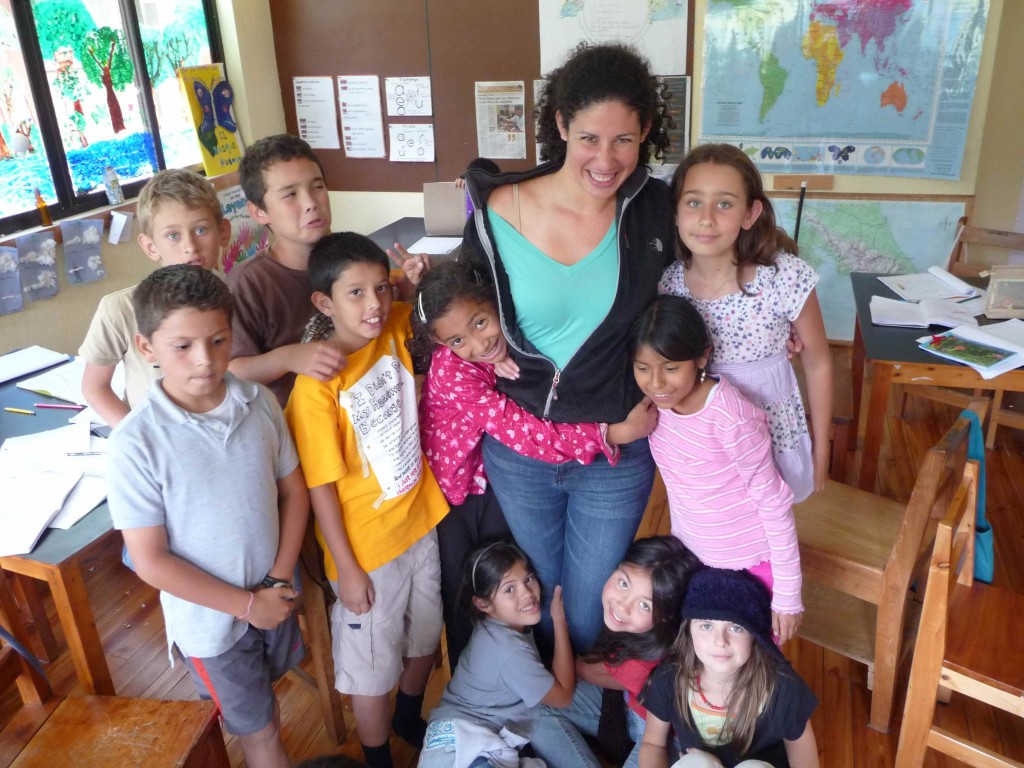
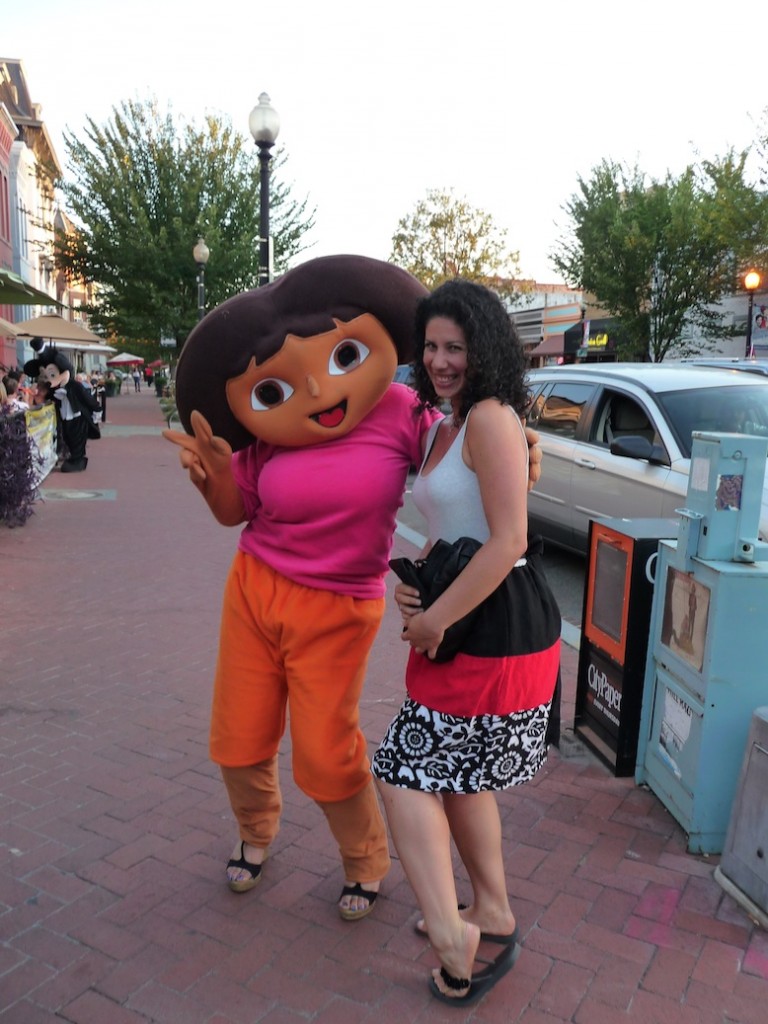
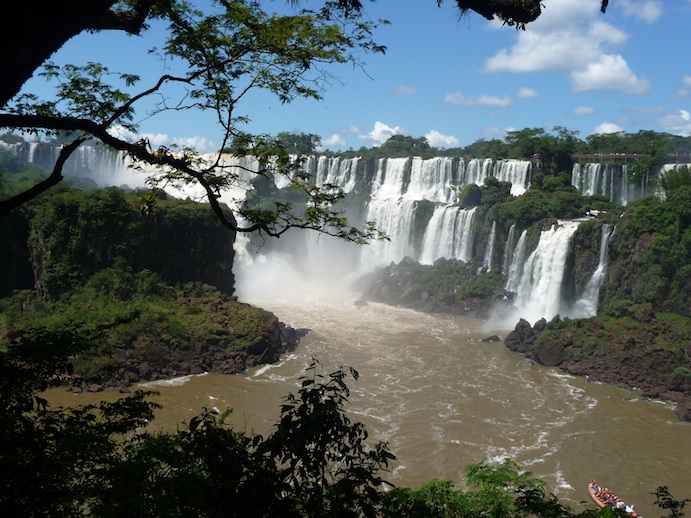
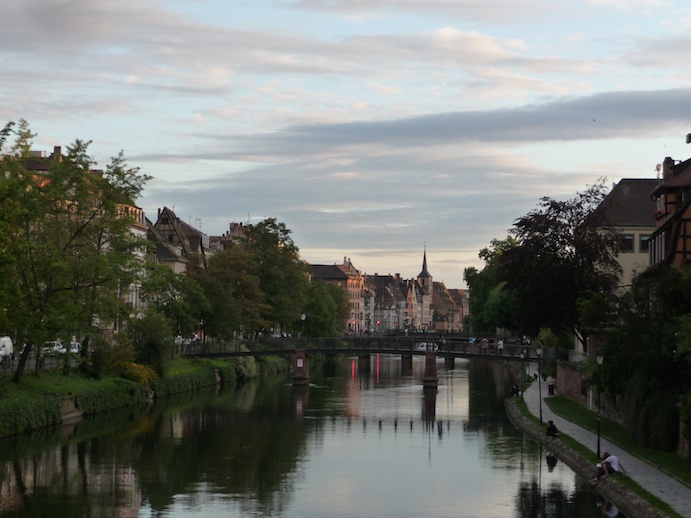
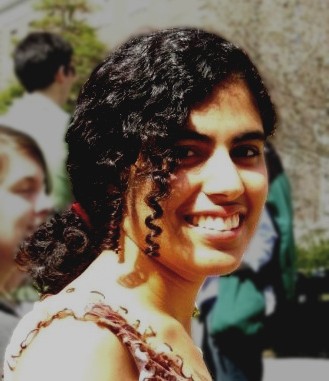
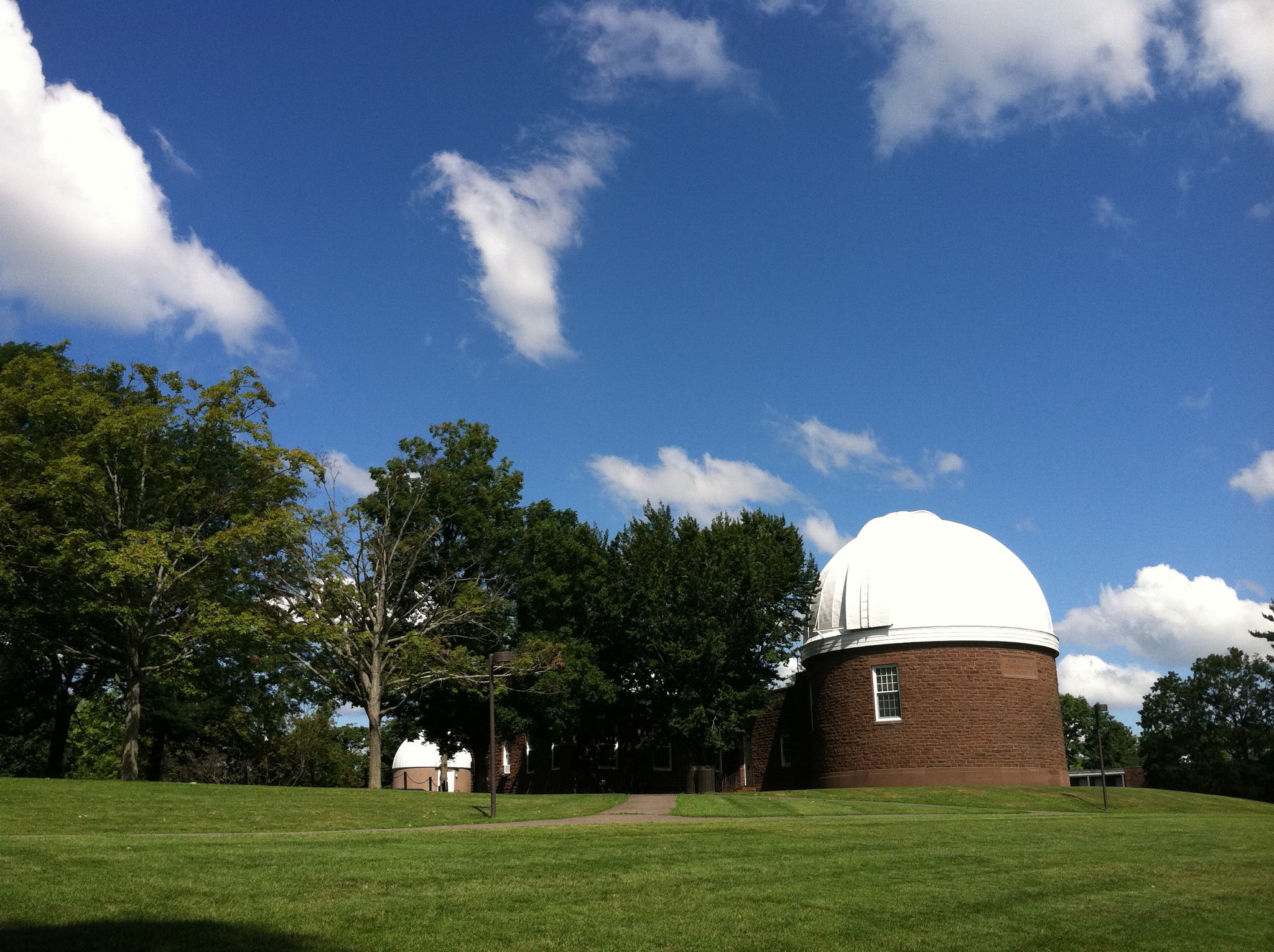


Thank you for this article. I am having the same thoughts about grad school.
“I was burnt out from tough classes combined with time-intensive leadership positions in student organizations, and furthermore, I felt that if I chose to pursue a PhD in astronomy, I was instantly defining the rest of my life. I also felt some degree of self-doubt: would I even be able to succeed in grad school? Was it a sign that my grades in my physics classes were lower than all my other grades? Was I even passionate enough about the subject to get me through what I knew would be a hard 5-7 years?”
That’s exactly what I have on my mind. Thank you so much!
I needed to read this. I am finishing my B.Sc in Physics and am strongly considering deferring grad school. However, I would only be applying to masters programs.